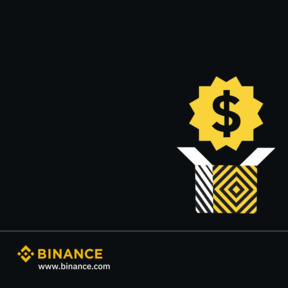Overview
Solana is a highly functional open source project that banks on blockchain technology’s permissionless nature to provide decentralized finance (DeFi) solutions. While the idea and initial work on the project began in 2017, Solana was officially launched in March 2020 by the Solana Foundation with headquarters in Geneva, Switzerland.
To learn more about this project, check out our deep dive of Solana.
The Solana protocol is designed to facilitate decentralized app (DApp) creation. It aims to improve scalability by introducing a proof-of-history (PoH) consensus combined with the underlying proof-of-stake (PoS) consensus of the blockchain.
Because of the innovative hybrid consensus model, Solana enjoys interest from small-time traders and institutional traders alike. A significant focus for the Solana Foundation is to make decentralized finance accessible on a larger scale.
Technology
At the heart of Solana is something called Proof of History (PoH), which works like a highly accurate digital clock for the blockchain.
Imagine a long chain of mathematical puzzles, where each solution depends on the previous one - this creates a verifiable record of time passing that everyone can trust.
The really clever part is how this helps Solana process transactions so quickly.
Instead of validators having to agree on when things happened, the PoH generator (think of it as the network's timekeeper) creates a single, trusted source of time.
This means validators can focus on confirming transactions rather than debating timestamps.
Solana also uses a unique approach to storing data called Proof of Replication.
Think of this like making secure digital copies of the blockchain, where special nodes called replicators have to prove they're actually storing the data they claim to be.
This system helps keep the network decentralized while maintaining its blazing speed.
The network is designed with multiple safeguards to prevent cheating.
For example, if a validator tries to confirm invalid transactions or the timekeeper (PoH generator) misbehaves, they'll lose their staked coins.
This creates strong economic incentives for everyone to play by the rules.
Recent updates have introduced features like state compression and account compression, making it more efficient to store and process large amounts of data on-chain.
Binance
The Binance Exchange is a leading cryptocurrency exchange founded in 2017. It features a strong focus on altcoin trading. Binance offers crypto-to-crypto trading in more than 350 cryptocurrencies and virtual tokens, including bitcoin (BTC), ether (ETH), litecoin (LTC), dogecoin (DOGE), and its own coin, BNB.




